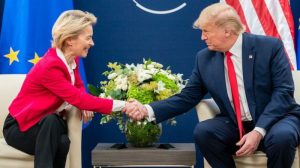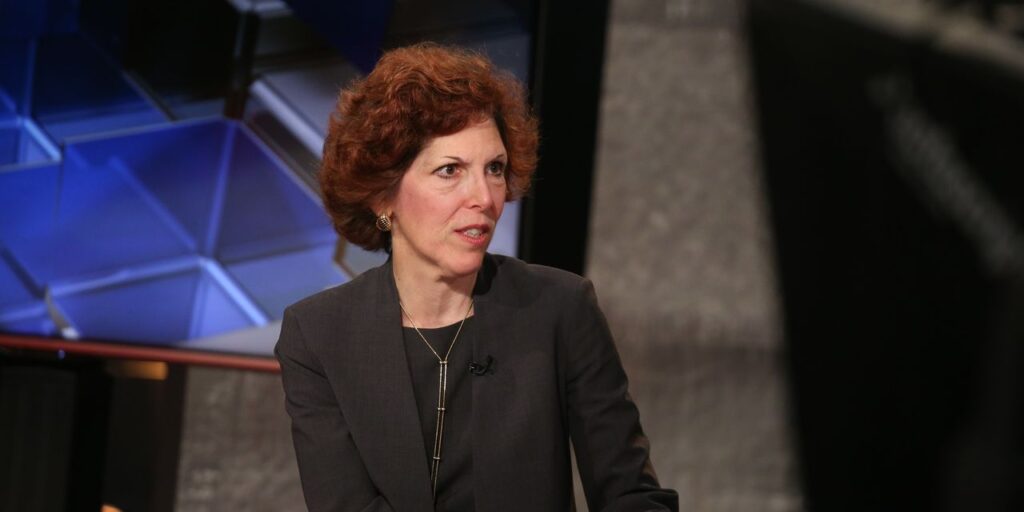Loretta Mester will step down as the president of the Cleveland Federal Reserve in June 2024, the regional Fed bank announced Wednesday.
In a statement, the Cleveland Fed said its board of directors will undertake a nationwide search for a new leader.
Mester was considered a policy hawk by Fed watchers, which is short-hand for officials who think the Fed’s mandate from Congress for stable prices can, at times, outweigh concerns with job growth.
“She was one of the hardline anti-inflation people, but not rabid. She said the right things about inflation,” said Robert Brusca, president of FAO Economics.
“You got to have people at the central bank who think they need to tame inflation. You can’t have people who think inflation is a house pet that’s going to behave,” he added.
Charles Calomiris, a professor of banking at Columbia Business School, said it was “a major loss to the [Fed] system that she is retiring.”
“Her thinking is deep, not just in banking scholarship, where she is an academic thought leader, but in economics more broadly. There is no one in the system playing a leadership role who possesses her skills.”
Mester assumed her role at the Cleveland Fed in June 2014. Under Fed rules, her term is limited to 10 years because she had already turned 55 when she was appointed.
Mester is one of the top Fed officials who had spent their whole careers at the central bank. She joined the Philadelphia Fed as an economist in 1985 and worker her way up the ladder to become the top economic advisor to the president of the Philadelphia Fed.
Mester’s retirement continues a changing of the guard at the Fed.
Since May of 2022, there are new leaders at the Boston, Chicago, Dallas, and Kansas City regional Fed banks. The St. Louis Fed is searching for a new president to replace James Bullard, who left in August. There are also four new members to the seven-member board of governors in Washington.
The Federal Reserve has 12 regional banks scattered across the country. The institution was designed to allay fears in Congress that rural areas would have limited ability to influence decisions over money and credit.
The presidents of the regional banks have rotating votes on the central bank’s interest-rate decisions, except for the president of the New York Fed, who is the vice chair of the Federal Open Market committee and always has a vote.
Read the full article here











